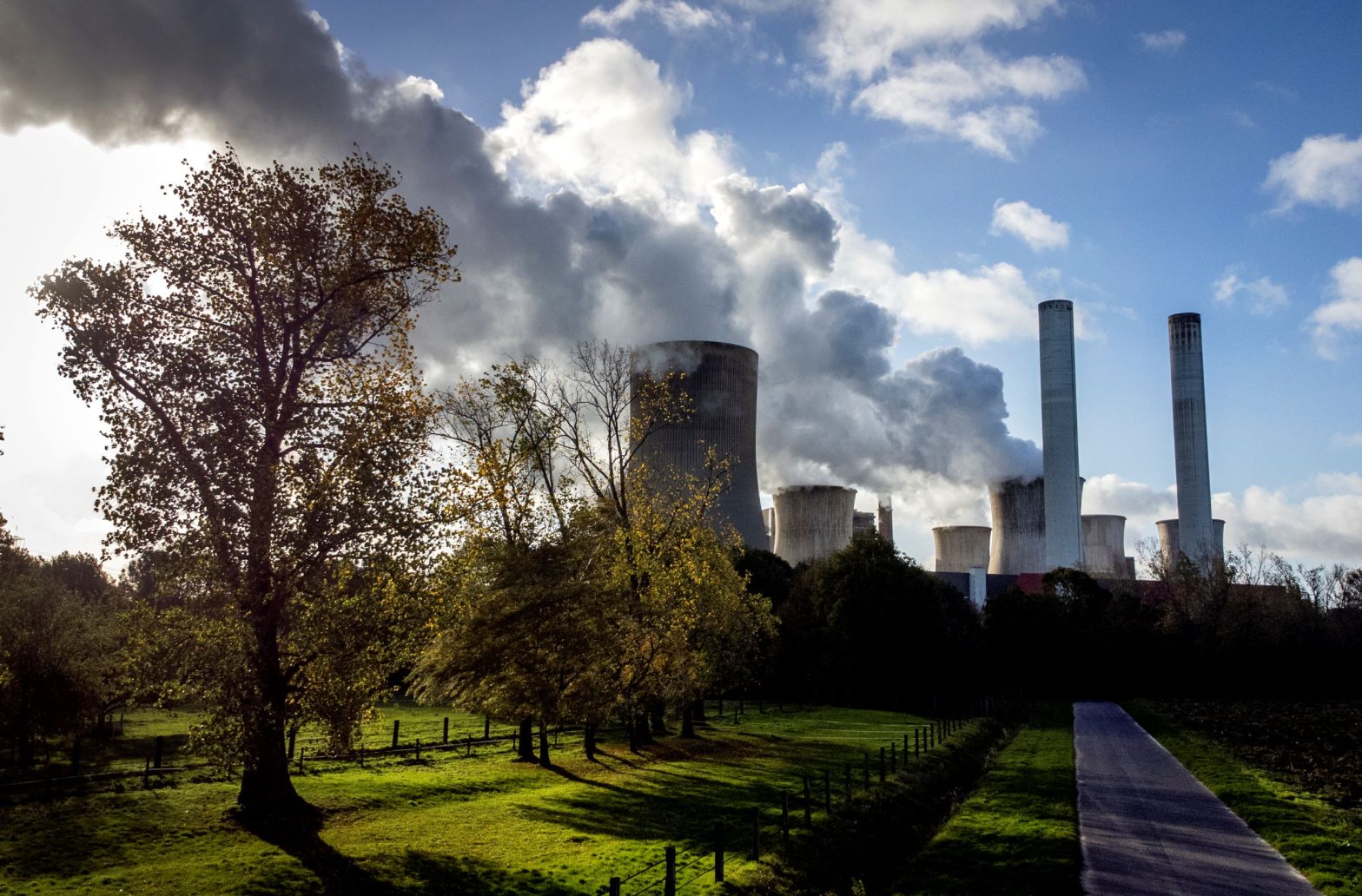Global Carbon Emissions Remain at Record Levels

SHARM EL-SHEIKH, Egypt — Global carbon emissions in 2022 remain at record levels — with no sign of the decrease that climate scientists say is urgently needed to limit warming to 1.5 degrees Celsius, according to a team of researchers who track emissions.
If current emissions levels persist, say scientists at the Global Carbon Project, there is now a 50% chance that global warming of 1.5 degrees Celsius will be exceeded in nine years.
In a report released Friday at the COP27 climate talks, the scientists projected total global CO2 emissions reaching 40.6 billion tons by the end of 2022.
They attribute this to CO2 emissions from fossil fuels rising an estimated 1.0% compared to 2021, and reaching 36.6 gigatons — slightly above the 2019 pre-COVID-19 levels.
Projected emissions from coal and oil are above their 2021 levels, with oil being the largest contributor to total emissions growth.
The researchers said growth in oil emissions can be largely explained by the delayed rebound of international aviation following COVID-19 pandemic restrictions.
The team of researchers also said 2022 emissions from land-use changes alone — such as deforestation — could reach 3.9 gigatons by the end of December.
“This year we see yet another rise in global fossil CO2 emissions, when we need a rapid decline,” said professor Pierre Friedlingstein, of the University of Exeter’s Global Systems Institute, in a written statement.
Friedlingstein, who led the study, went on to acknowledge that “there are some positive signs” but added that “leaders meeting at COP27 will have to take meaningful action if we are to have any chance of limiting global warming close to 1.5 degrees Celsius.”
Mixed Results on the Emission Reduction Front
Global Carbon Project scientists said major emitters of greenhouse gases have made mixed progress in addressing them this year.
China, for instance, is projected to see a 0.9% decline in its carbon emissions, and the EU as a whole is seen as having a reduction of 0.85%.
However, the United States is forecast to see a 1.5% increase in its emissions, and India is projected to see a surge of 6%.
Meanwhile, the rise in carbon emissions in the rest of the world combined is forecast to come in at about 1.7% increase.
As a result the scientists said, the remaining carbon budget for a 50% likelihood to limit global warming to 1.5 degrees Celsius has reduced to 380 gigatons of carbon (exceeded after nine years if emissions remain at 2022 levels) and 1,230 gigatons of carbon to limit global warming to 2 degrees Celsius (30 years at 2022 emissions levels).
To reach zero CO2 emissions by 2050 would now require a decrease of about 1.4 gigatons of carbon each year, comparable to the observed fall in 2020 emissions resulting from COVID-19 lockdowns.
The scientists opined that this sobering fact highlights the scale of the action required.
Land and ocean, which absorb and store carbon, continue to take up around half of the CO2 emissions. The ocean and land CO2 sinks are still increasing in response to the atmospheric CO2 increase, although climate change reduced this growth by an estimated 4% (ocean sink) and 17% (land sink) over the 2012-2021 decade.
Despite the dire numbers, this year’s carbon budget actually shows that the long-term rate of increasing fossil emissions has slowed.
The average rise peaked at +3% per year during the 2000s, while growth in the last decade has been about +0.5% per year.
The research team — including the University of Exeter, the University of East Anglia, CICERO and Ludwig-Maximilian University, Munich, Germany — welcomed this slowdown, but said it was “far from the emissions decrease we need.”
“Our findings reveal turbulence in emissions patterns this year resulting from the pandemic and global energy crises,” said professor Corinne Le Quéré, Royal Society research professor at UEA’s School of Environmental Sciences.
“We are at a turning point and must not allow world events to distract us from the urgent and sustained need to cut our emissions to stabilize the global climate and reduce cascading risks,” she added.
Dan can be reached at [email protected] and @DanMcCue

























